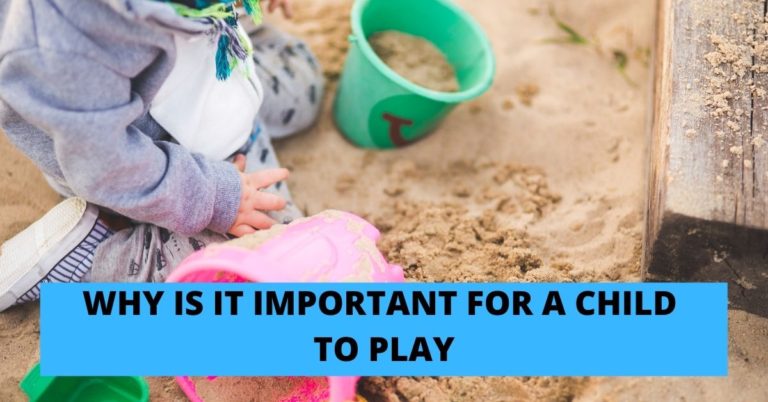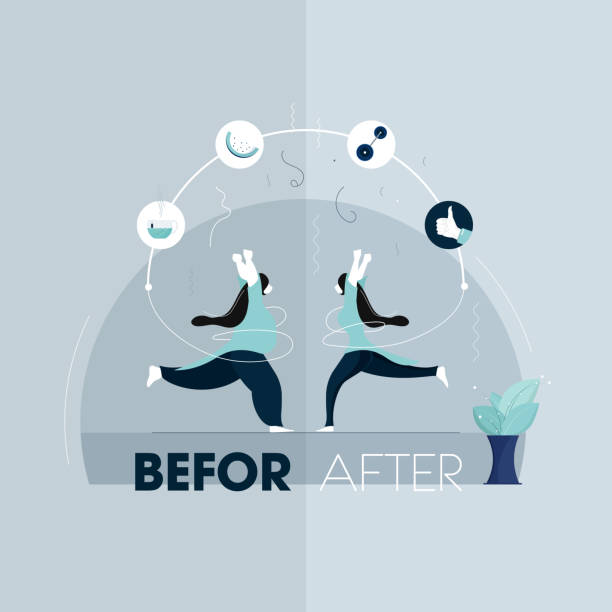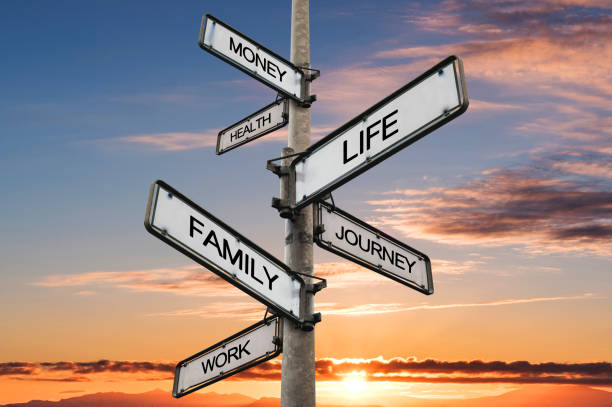Resolving Inner Conflicts: A Necessary But Challenging Part of Life
This post contains affiliate links. This means I will make a commission at no extra cost to you should you click through and make a purchase. Read the full disclosure here.
Inner conflicts are common in our everyday lives and can have adverse effects on both your physical and mental health. But why exactly do we have these inner conflicts? What causes them? And, most importantly, how can we resolve them?
In this article, I’ll give you tips on how to effectively overcome it in a healthy way, so that you can avoid psychological distress in the future.
Table of Contents
Intellect vs. Emotion
In order to resolve inner conflicts, we must learn to manage our emotions. An emotional response is often impulsive, whereas an intellectual one allows us to take a step back and analyze our situation before making a decision.

The intellect is much better at analyzing long-term consequences than it is at judging short-term ones, so when you find yourself in a difficult situation that triggers your most negative emotions, step back and try to evaluate things with some objectivity.
Look At How You Think
When you’re in conflict with someone, take a look at how you think about that person. If your thinking isn’t constructive or healthy, you can change it to support the resolution.
For example, if you have a conflict with someone who is trying to pressure you into something and the thought I’m not going to do what they want comes up in your mind, ask yourself what’s so bad about doing what they want? What would happen if I did? The answer is likely nothing. Sometimes we feel so resistant because there’s some underlying fear of loss or rejection associated with making any changes.
Learn From Experience
Learning from your own experience is perhaps one of the most effective ways to understand how to manage inner conflicts. There are countless other people who will offer advice and criticism, but it’s up to you to find a way forward.
The best way is by looking at what doesn’t work—how can we recognize negative patterns in our lives? What isn’t working for us, when we look back? What was going well before things fell apart? When did they fall apart? Why did they fall apart?

These questions might seem too simple, but they will provide valuable insight into how to move forward. Once we have identified the events that caused conflict, then we need to dig deeper into what were the underlying issues that led to this point.
For example, if you are depressed because you don’t have enough money and haven’t had a relationship with anyone in years, then your challenge is twofold: You need more money and more love.
Observe What Others Do
We’re all our own worst critics. So, your first step is to observe what other people are doing right now in their lives. What are their priorities? How do they allocate their time? Do they ever deal with self-doubt or internal conflicts? If so, how do they work through them? What strategies and techniques have been effective for them? Try to find at least five people you admire, who are doing things that you want to do someday.
Care About “YOU”
Sometimes it feels like everyone is out to get you. But no one has your back more than you have your own. In order to effectively solve any inner conflict, a person must develop a relationship with his or her inner being.
Every person has his or her own hopes and dreams, fears and regrets—and if we’re to resolve our inner conflicts, we need to be honest with ourselves about how we feel about those things inside us. And how do we do that? Care about ourselves! Take care of ourselves. Be kind to ourselves. Be there for ourselves when others can’t.

We all deserve the best in life, and in order to find the best version of ourselves, we need to make sure that WE are happy first–before anyone else can help us.
Reflect on Past Experiences
Often, our inner conflicts have roots in painful past experiences. The tough task at hand is to reflect on these experiences, learn from them and find a way to become stronger as a result. If you’re struggling with an internal conflict, try meditating or journaling about your thoughts and feelings; both strategies can help you gain perspective. If possible, it’s also beneficial to discuss your struggles with a close friend or therapist.
Discuss Conflict With Others in Real Life
It can be tough to discuss the conflict in person, but face-to-face interaction is often vital to reaching a resolution. This helps you communicate your feelings more clearly, as well as get perspective on why another person behaves a certain way.

It’s also good practice for resolving conflicts both with other people and yourself.
Accept Help From Others
Some people find it difficult to accept help from others. This can lead to internal conflict because we feel either undeserving or like we are putting others out. When you reach out and ask for help, there’s no need to go through these emotions or doubts, just be grateful and take what you need!
It is okay to receive kindness and giving is a great way to experience meaningful relationships that strengthen your inner resolve.







